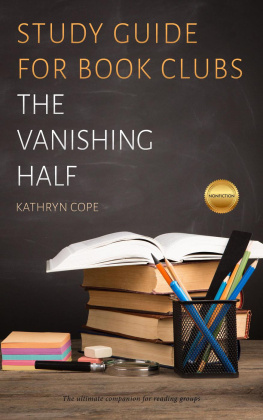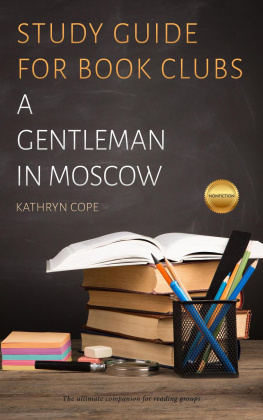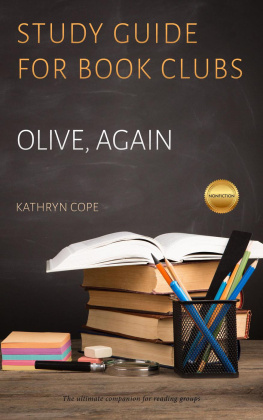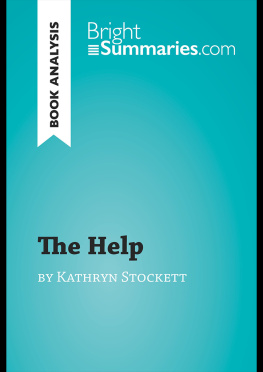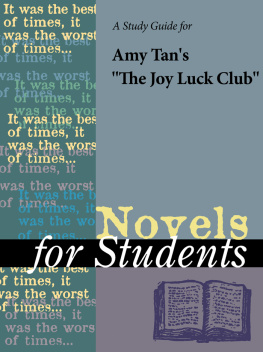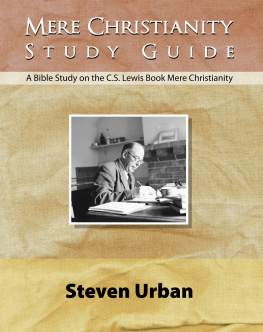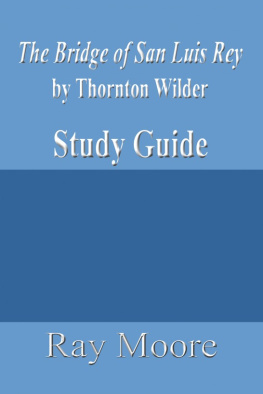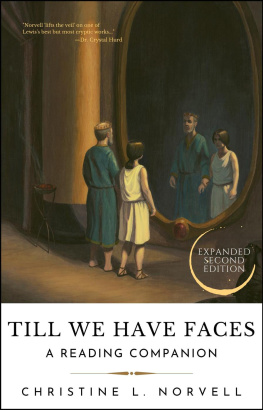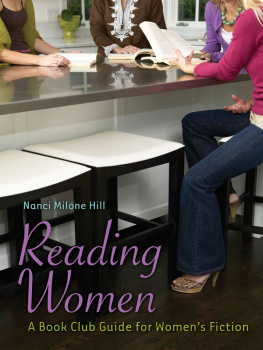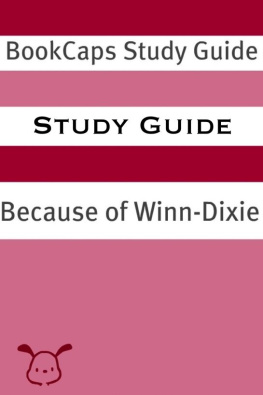Study Guide for Book Clubs: The Vanishing Half
Study Guides for Book Clubs, Volume 46
Kathryn Cope
Published by Kathryn Cope, 2020.
While every precaution has been taken in the preparation of this book, the publisher assumes no responsibility for errors or omissions, or for damages resulting from the use of the information contained herein.
STUDY GUIDE FOR BOOK CLUBS: THE VANISHING HALF
First edition. November 11, 2020.
Copyright 2020 Kathryn Cope.
ISBN: 978-1393232193
Written by Kathryn Cope.
10 9 8 7 6 5 4 3 2 1
Also by Kathryn Cope
Study Guides for Book Clubs
Study Guide for Book Clubs: The Goldfinch
Study Guide for Book Clubs: The Light Between Oceans
Study Guide for Book Clubs: The Book Thief
Study Guide for Book Clubs: The Narrow Road to the Deep North
Study Guide for Book Clubs: Go Set a Watchman
Study Guide for Book Clubs: I Know Why the Caged Bird Sings
Study Guide for Book Clubs: A God in Ruins
Study Guide for Book Clubs: My Name is Lucy Barton
Study Guide for Book Clubs: The Storied Life of A.J. Fikry
Study Guide for Book Clubs: The Secret History
Study Guide for Book Clubs: The Paying Guests
Study Guide for Book Clubs: The Girl on the Train
Study Guide for Book Clubs: The Heart Goes Last
Study Guide for Book Clubs: The Sympathizer
Study Guide for Book Clubs: My Brilliant Friend
Study Guide for Book Clubs: Commonwealth
Study Guide for Book Clubs: Beartown
Study Guide for Book Clubs: Big Little Lies
Study Guide for Book Clubs: Alias Grace
Study Guide for Book Clubs: The Underground Railroad
Study Guide for Book Clubs: Lincoln in the Bardo
Study Guide for Book Clubs: A Gentleman in Moscow
Study Guide for Book Clubs: Little Fires Everywhere
Study Guide for Book Clubs: Before We Were Yours
Study Guide for Book Clubs: The Great Alone
Study Guide for Book Clubs: Educated
Study Guide for Book Clubs: Pachinko
Study Guide for Book Clubs: Circe
Study Guide for Book Clubs: The Overstory
Study Guide for Book Clubs: Where the Crawdads Sing
Study Guide for Book Clubs: The Handmaid's Tale
Study Guide for Book Clubs: The Testaments
Study Guide for Book Clubs: Olive, Again
Study Guide for Book Clubs: American Dirt
Study Guide for Book Clubs: Normal People
Study Guide for Book Clubs: The Nickel Boys
Study Guide for Book Clubs: The Vanishing Half
Study Guide for Book Clubs: Anxious People
Study Guide for Book Clubs: The Midnight Library
Study Guide for Book Clubs: The Four Winds
Study Guide for Book Clubs: Klara and the Sun
Study Guide for Book Clubs: The Lincoln Highway
Study Guide for Book Clubs: The Seven Husbands of Evelyn Hugo
Contents
T here are few things more rewarding than getting together with a group of like-minded people and discussing a good book. Book club meetings, at their best, are vibrant, passionate affairs. Each member will bring along a different perspective, and ideally, there will be heated debate.
Nevertheless, a surprising number of book club members report that their meetings have been a disappointment. Even when their group enjoyed the book in question, they could think of astonishingly little to say about it and soon wandered off-topic altogether. Failing to find interesting discussion angles for a book is the single most common reason for book group meetings to fall flat. Most groups only meet once a month, and a lacklustre meeting is frustrating for everyone.
Study Guides for Book Clubs were born out of a passion for reading groups. Packed with information, they take the hard work out of preparing for a meeting and ensure that your book group discussions never run dry. How you choose to use the guides is entirely up to you. The Background, Style, and Setting chapters provide useful context which may be worthwhile to share with your group early on. The all-important list of discussion questions, which will probably form the core of your meeting, can be found towards the end of this guide. To support your responses to the discussion questions, you will find it helpful to refer to the Themes & Symbols, and Character sections.
A detailed plot synopsis is provided as an aide-memoire to recap on the finer points of the story. There is also a quick quiza fun way to test your knowledge and bring your discussion to a close. Finally, if this was a book that you enjoyed, the guide concludes with a list of further reads similar in style or subject matter.
This guide contains spoilers. Please do not be tempted to read it before you have finished the original novel as plot surprises will be well and truly ruined.
Kathryn Cope, 2020
B rit Bennett is an American writer. She grew up in Southern California and lives in Los Angeles.
Bennett took a Bachelors in English at Stanford University. She then completed an MFA at the University of Michigan. While studying, she received the Hopwood Award for short fiction by graduates and the Hurston/Wright Award for College Writers.
In 2014, Bennett caught public attention with the essay, I Dont Know What to Do With Good White People. First published on the blog Jezebel , the essay received over one million viewings in three days. The article discussed the issue of white people who claim to oppose racism but expect admiration for taking this stance. Bennett argued that it is easier to challenge overt racism than this form of white self-aggrandizement.
Bennetts debut novel The Mothers was published in 2016 when the author was 26. The novel met with critical acclaim and was a New York Times bestseller. The authors second novel, The Vanishing Half, was released in 2020. It was an instant New York Times bestseller as well as a Good Morning America Book Club choice. In a reputed seven-figure deal, HBO swiftly acquired the rights to adapt the novel into a TV series.
T HE HISTORY OF PASSING
The Vanishing Half explores the history of passing in the USA. Passing is when a person of colour deceives others into believing they are white. From the antebellum era onwards, many African Americans attempted to pass as white to improve their chances in life. In some cases, this was to avoid slavery or persecution. In others, it was to gain access to the social and economic privileges enjoyed by white Americans.

